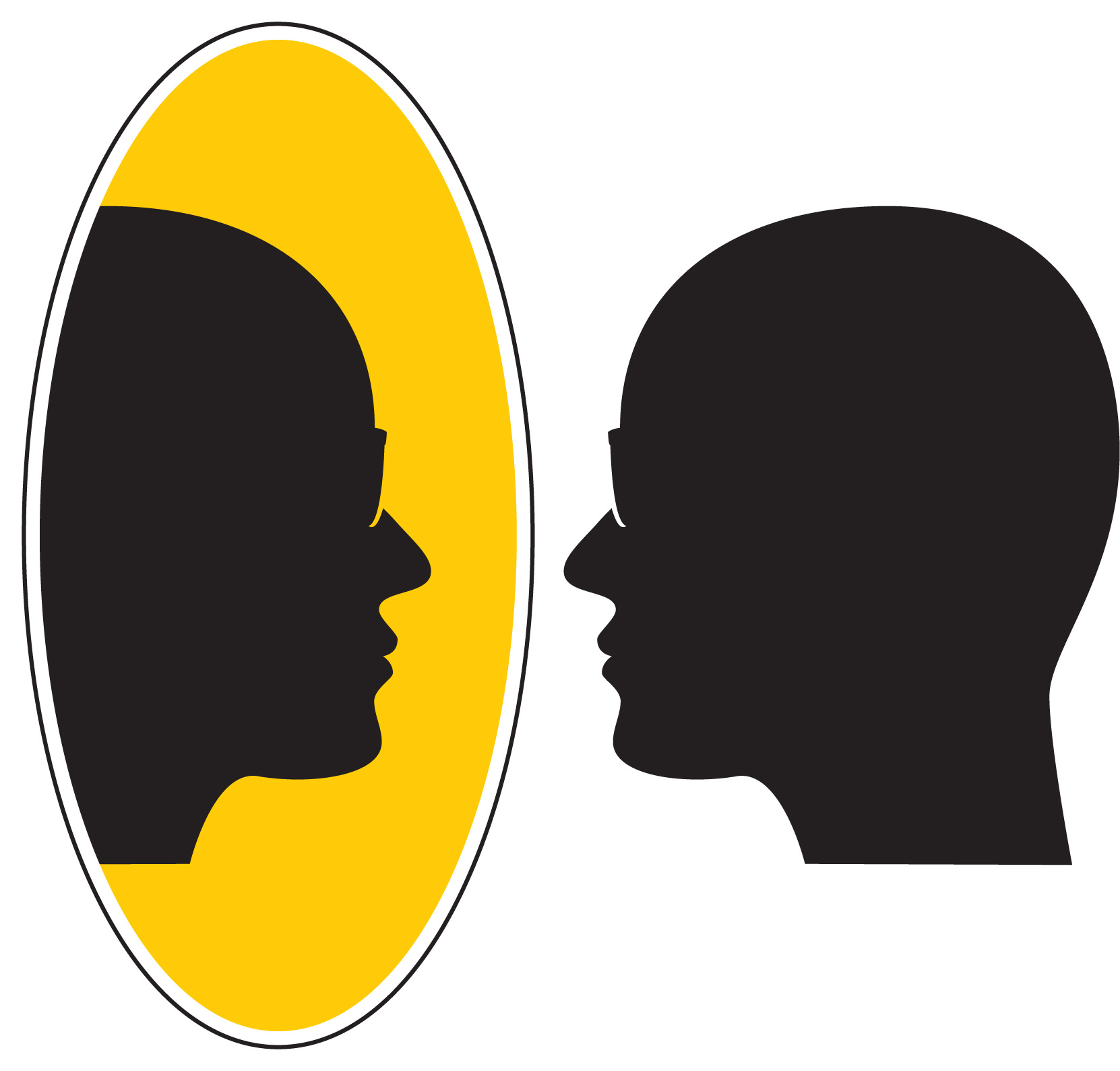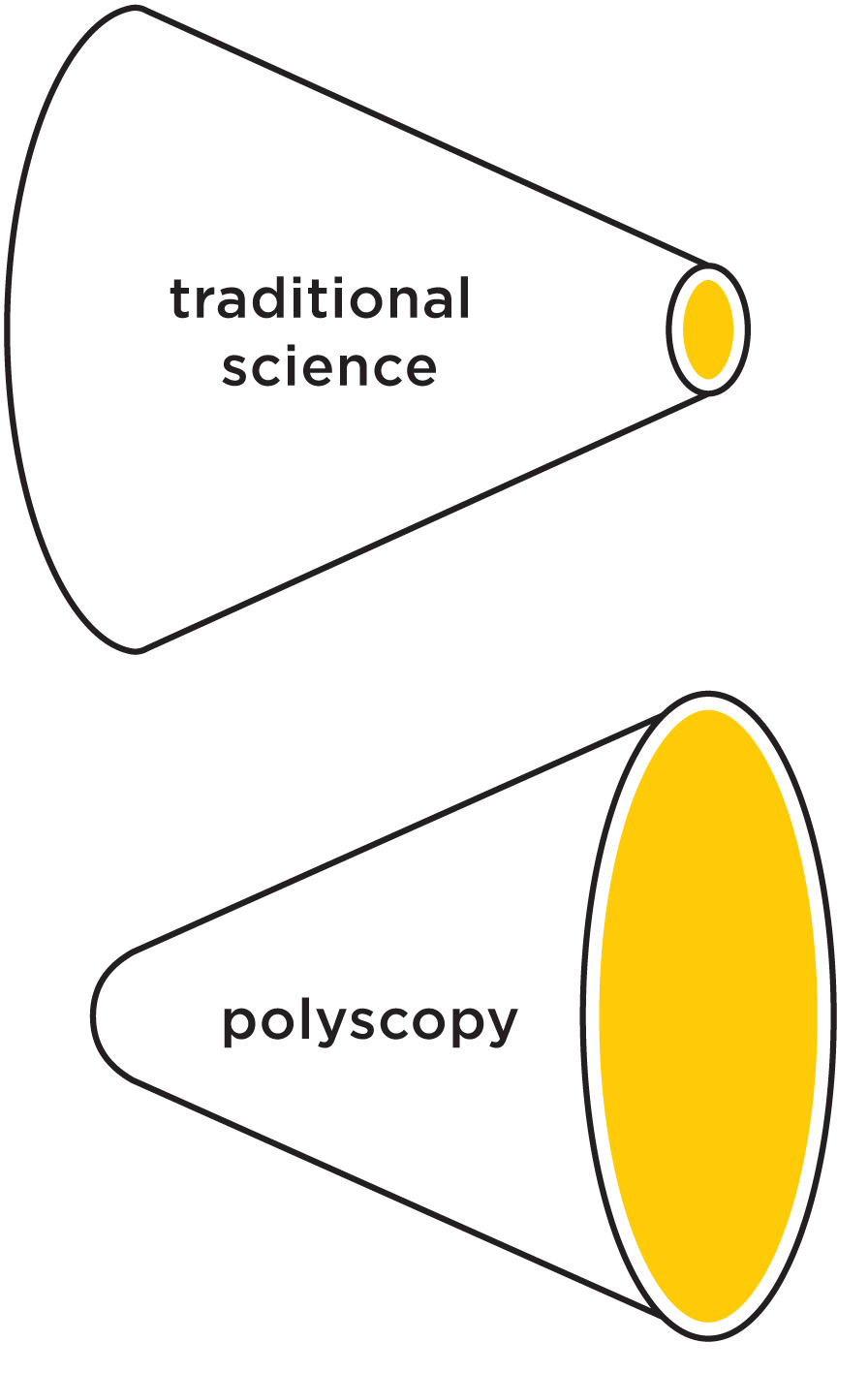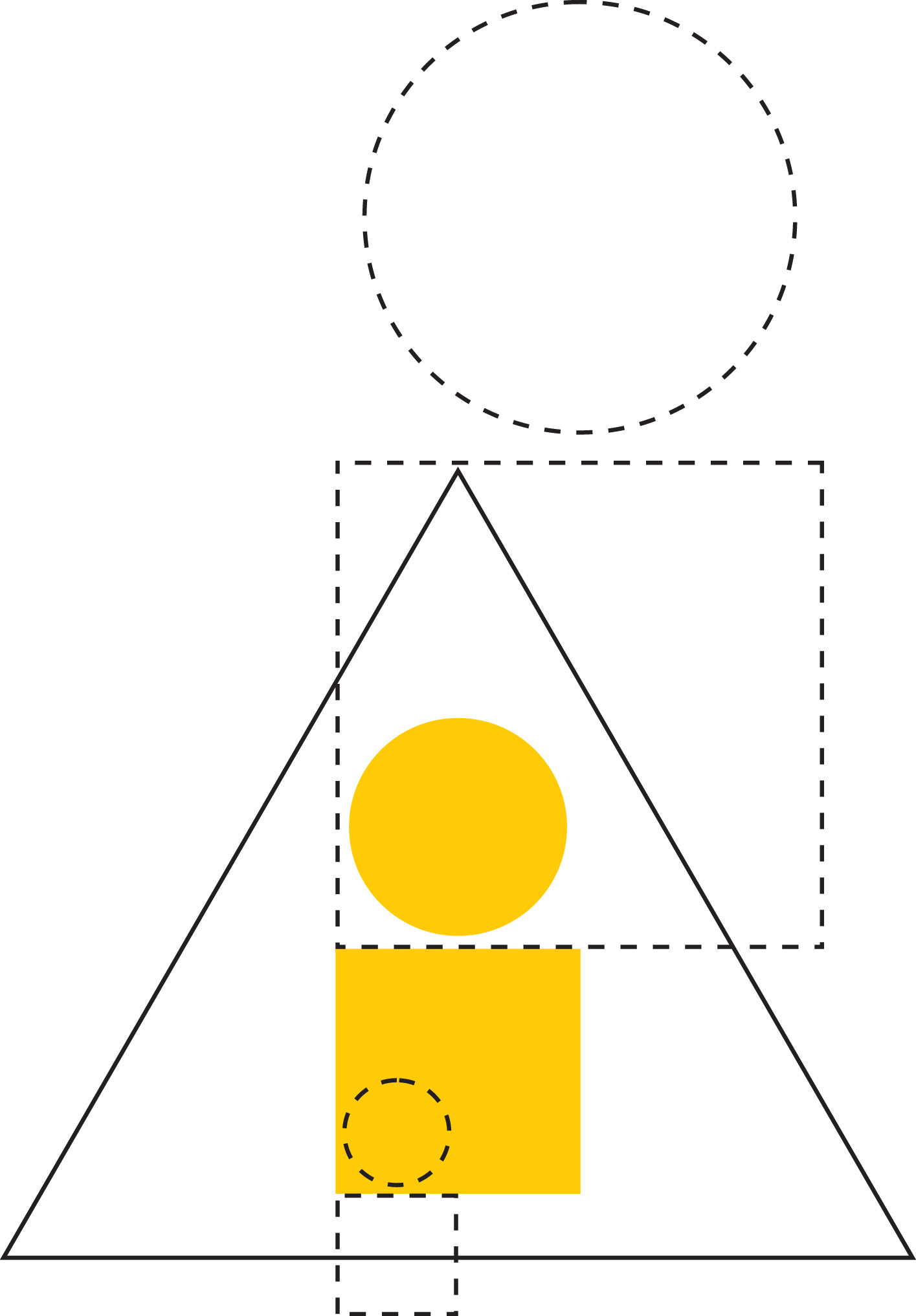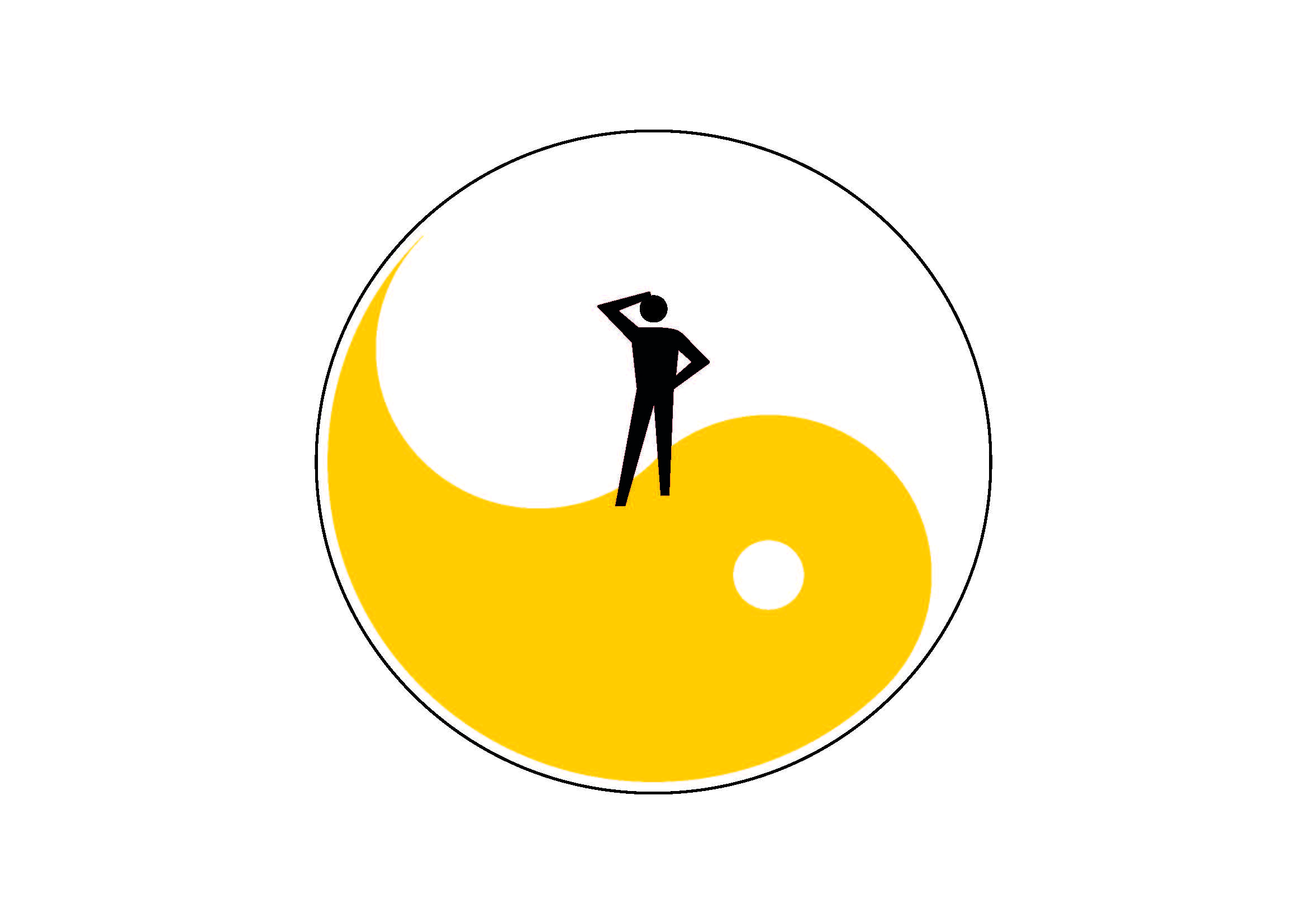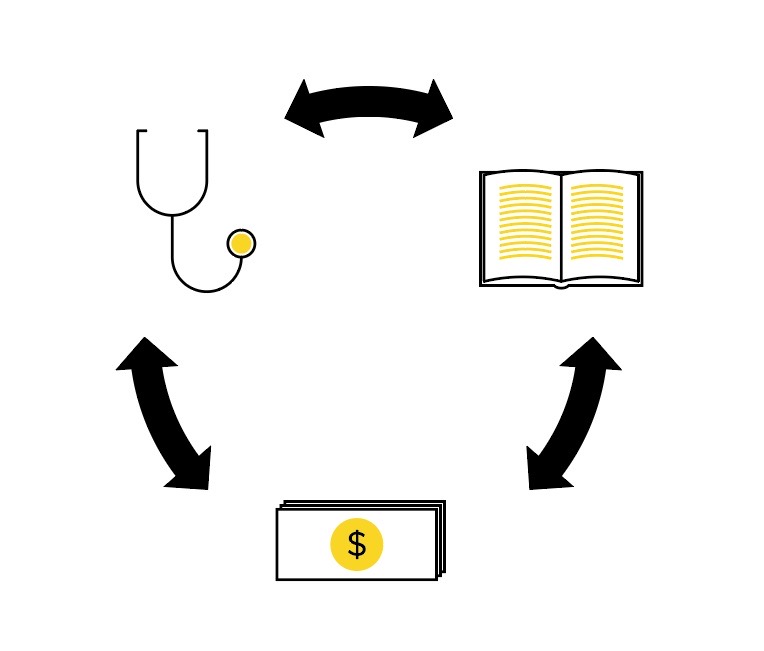IMAGES
Contents
Federation through Images
Rebuilding the foundations
What distinguishes academic knowledge
No rational person will claim that knowledge should not be useful. And yet there are good reasons why practical skills such as cooking and automobile repair have not been admitted to the university. Academic knowledge is the knowledge of principles; it is knowledge that is rigorously founded in time-tested academic methods and procedures.
Our standards of excellence and ideas of what constitutes good or academic knowledge and knowledge work have been evolving since antiquity, and they now find their foremost expression in science and philosophy. We are about to see that the fundamental insights reached in the 20th century science and philosophy legitimize, and indeed demand that we take a further step in this evolution. We shall see how this naturally leads to the creation of principles that inform our handling of life's basic issues. We shall see why even the most honorable notion of fundamental work or "basic research" can justifiably be applied to the development of the methods and the social processes by which those principles are created.
The technical word is paradigm. We use this word to point both to the just mentioned emerging paradigm in knowledge work, and to the larger paradigm in cultural and societal evolution that may be expected to result from its application.
When making a case for a new academic paradigm, we are not making a case against the prevailing one. Those paradigms are (to use Thomas Kuhn's useful keyword) incommensurable – each of them is more suitable for certain purposes than for others. The purpose we have in mind is, once again, to functionally inform our society.
Ideograms
Not all images are worth one thousand words
But the ideograms are! They play a similar role in knowledge federation as mathematical formulas do in traditional science. An ideogram can condense a wealth of insights and many pages of text into an image whose message can be recognized at a glance. Recall the Newton's formula, or Einstein's ubiquitous E=mc² – those too are ideograms! But the possibilities behind the ideographic approach are endless, and they vastly surpass the conventional maths.
The creative possibilities of ideograms also surpass our illustrations – and are yet to be developed through creative use of new media.
The ideogram we are about to see next renders the essential ideas behind our initiative in a nutshell.
A better way to be creative
Modernity ideogram
The Modernity ideogram renders also the nature of our and our civilization's present condition in a nutshell.
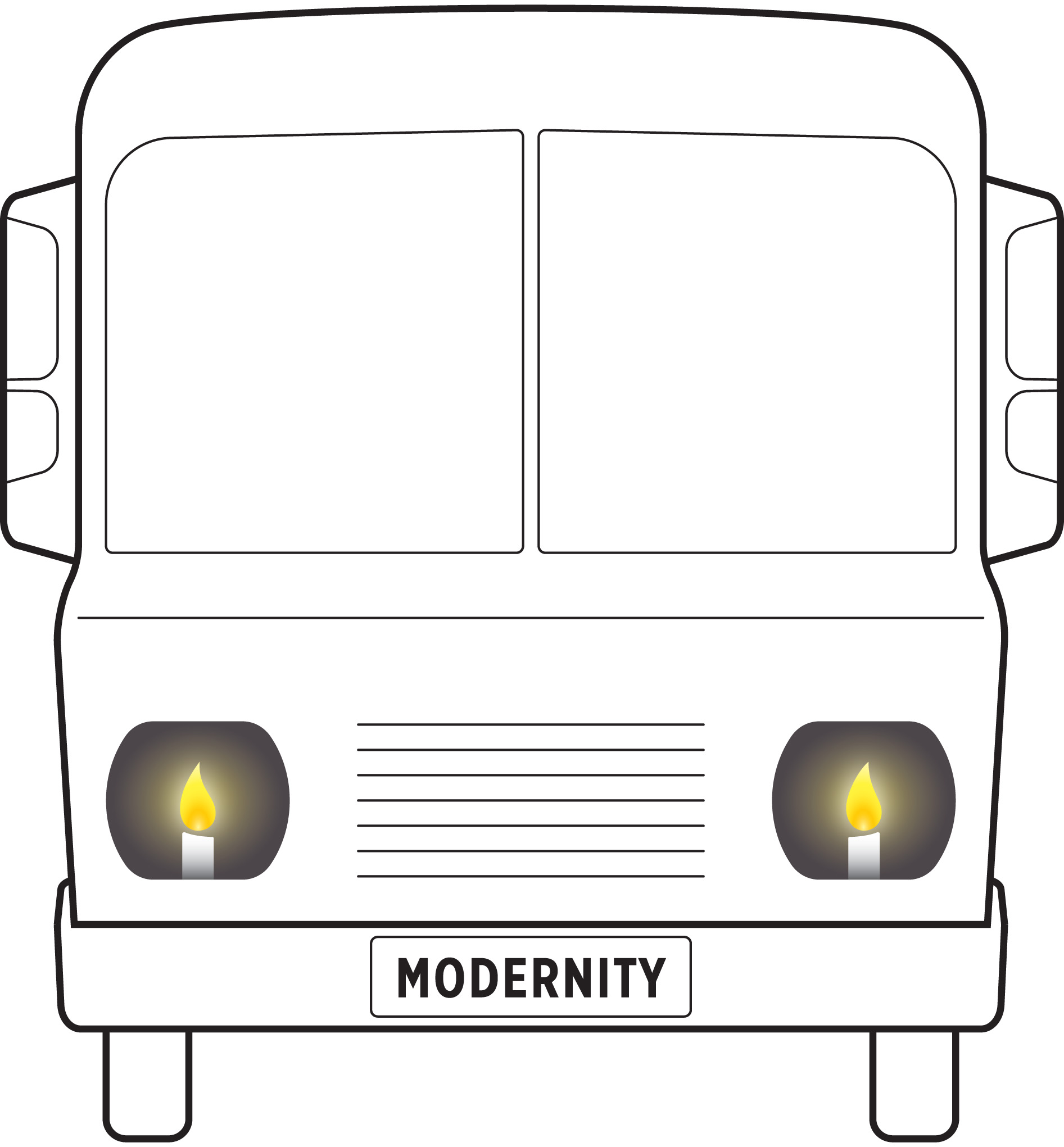
By representing our civilization as a bus, and our handling of information as its candle headlights, the Modernity ideogram points to a root cause of the contemporary issues. Strangely (aren't we living in the Age of Information?), information is that one thing, centrally important, that we've somehow forgotten to modernize.
Imagine us riding in that bus with candle headlights, through obscure and uncharted terrain, and at an accelerating speed. The direction that the bus will take is determined by our likes and dislikes, decisions and priorities. The movement of the bus is the result of our creative work, of our efforts to reach a better condition. To be meaningfully directed and sustainable, posits the Modernity ideogram, our movement into the future must be suitably informed. The information we have is not at all suitable for that purpose. It has evolved based on an old principle of operation and technology, and for an entirely different purpose. A new approach to knowledge is needed, which combines the new purpose with the new technology.
Knowledge federation
You may now easily understand knowledge federation as a prototype of a socio-technical 'light bulb'. You may understand our project as an initiative to create new 'headlights', and to put them to practical use.
No sequence of improvements of the candle will produce the light bulb. Hence we created this prototype as a proof of concept. And we are now raising this banner on the academic and creative frontier where the 'light bulb' can continue to be developed and improved.
Systemic innovation
The headlights are just a tiny part of the bus. Their monetary value is negligible in comparison. And yet they will determine the actual value of the whole big thing! The design of the headlights will ultimately decide whether the bus ends up being a mass-suicide machine, or a vehicle of taking us safely to any place or condition where we may reasonably want to be.
Hence the Modernity ideogram also points to a better way to use our creative capabilities in general. We call it systemic innovation, and define it as "innovation toward wholeness". Systemic innovation is the innovation whose goal is to secure the wholeness (or proper function or "sustainability" or "thrivability"...) of the system or the systems in which what is being innovated has a role.
Notice that systemic innovation points to a quite profound change of our values and priorities – beyond treating information, or anything else, as a commodity; beyond maximizing "shareholder value", or catering to "market needs".
knowledge federation and systemic innovation are so closely related, that they may almost be considered as synonymous. Knowledge federation is the result of systemic innovation in knowledge work. And if knowledge federation should be complete, systemic innovation must be its objective and result.
A new way to establish facts
Federation as justification
Information that points to direction – of which the Modernity ideogram is an example – need to be made reliable through suitable justification. In what follows we provide a justification of the claim made by the Modernity ideogram with the help of a series of four ideograms. Each of them is further is justified in a separate document by 'connecting the dots' or 'standing on the shoulders of giants'. Hence we both establish the claim we made about new approach to knowledge, by grounding it on already established facts and insights – and demonstrate some suitable techniques.
Each of the first four ideograms presented here will point to a reversal of the conventional academic practice. The fifth will explain knowledge federation as practice. Click on the name of the ideogram to open the document where the reversal or the practice is justified and explained.
Selected examples
How to "change course"
The examples we show below all have to do with "changing course" – they are selected in areas that are pivotal to the direction our societal evolution has taken.

